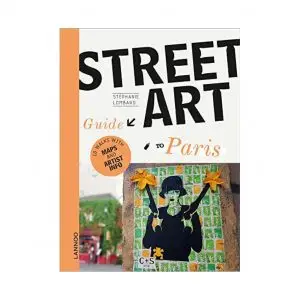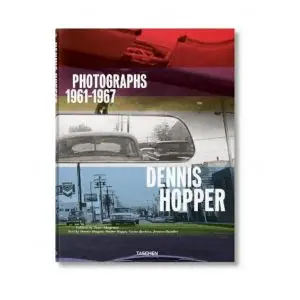Britain has played a key part in the history of the last five centuries, and its art reflects this in absorbing and complex ways. The distinguished art historian Andrew Wilton traces the story of British painting from its hesitant beginnings under the influence of Holbein through its maturity in the time of Hogarth and Reynolds, when it reflected a prosperous society with growing imperial influence.
The pioneering role of Constable and Turner in the revolutions of the Romantic period is fully explored, and the enigmatic position of artists in Victorian England, when a stiff moral code came into conflict with the uncertainties of the age of Darwin. Consistent undercurrents revealed include Britain’s preference for the real world (landscape, portraiture) as against `high’ art and abstraction.
Andrew Wilton offers new insights into the great personalities of British painting, and assesses afresh the latest flowering, in which many threads of modern art come together in sometimes startling guises.





